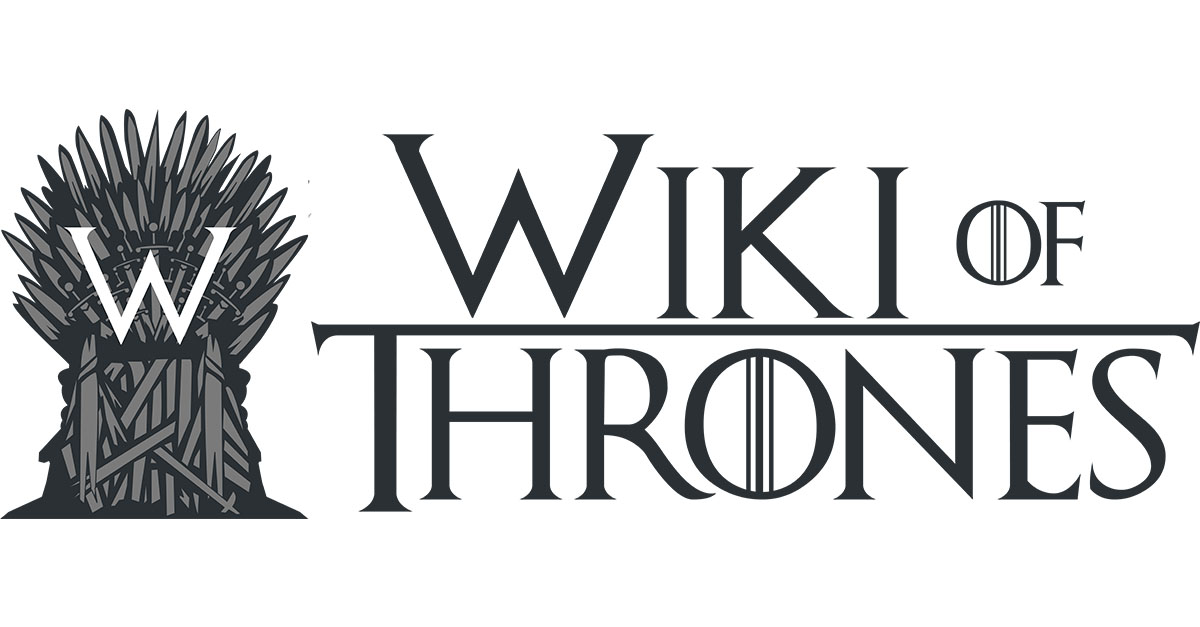Uncategorized
Women spoke only 22 percent of the lines in Game of Thrones Season 8, which is the lowest in 8 seasons

This news might come as a surprise to many fans, considering how Game of Thrones Season 8 was supposed to be a conflict between two queens. It did look prima facie that there is sort of equal representation because we could see men and women together in mostly all frames. However, a Swedish research company, Ceretai, has something else to say. Research by Ceretai noted that women spoke only 22% of the lines in Season 8. Read on!
The data by this research group suggests that across all the eight seasons, male speech amounts to about 75% of the total lines in the series. The highest percentage of speech involving women is found in season 4, episode 5, “Fifth of His Name”. The seventh episode of the first season, “You Win or You Die” had the lowest ever percentage, with women characters saying just one-sixth of the dialogue. The fourth episode of season 8, “The Last of the Starks”, gave less than 20% of speaking time to women.
It was compiled by Ceretai using an algorithm trained to identify the male and female voices. It is a machine learning analysis of diversity in popular culture. The accuracy of this machine is said to be 85% so this number may be slightly higher or lower. But, in a nutshell, this does look like under-representation.
Here is the breakdown:
Season 1 – 24% Season 2 – 29% Season 3 – 28% Season 4 – 27% Season 5 – 26% Season 6 – 26% Season 7 – 31%
Season 8 – 22%
The average time given to women on screen is about 30%, according to research by the USC Annenberg on inequality in 900 popular films. So, in a show which is popular and has some really strong women characters, this data portrays a sad state.
According to BBC, it is a case of “seen but not heard” because although the final season poses as one of those that brought out brilliant women characters in the first half, the characters do not speak much.
Lisa Hamberg, the co-founder of Ceretai, told the BBC, “We are not doing this to make people stop watching, but to make them aware of the fact that it’s an unfair representation of the world.”
Dr Stephanie Genz, a media studies lecturer at Nottingham Trent University, said, “It’s just confirming what we know in society anyway – that women’s voices are underrepresented.”
What do you think of this? Do tell us in the comments.
















